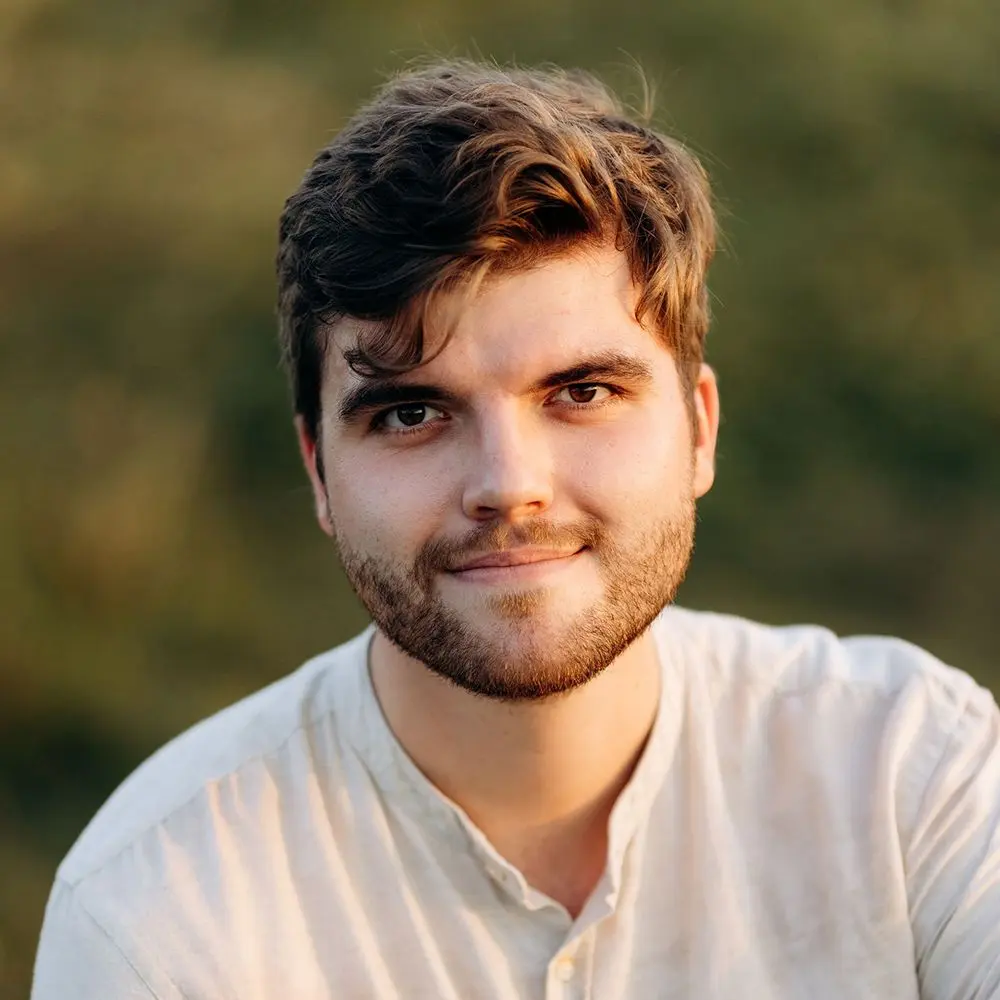"We cannot allow NATO's military infrastructure to get that close to our borders," Kremlin spokesperson Dmitry Peskov said.
"There is no point in prolonging the killings. And I will wait for Putin on Thursday in Turkey," President Volodymyr Zelensky said.
This week, the world watched in anticipation for Russia’s Victory Day parade after President Volodymyr Zelensky commented that he could not guarantee the safety of those attending. Meanwhile, the European Union moves one step forward to banning Russian gas from the European continent. It is also revealed this week that U.S. Secretary of Defense Pete Hegseth has fallen out of step with the White House.
"(Russian) President (Vladimir) Putin... doesn't want to have a ceasefire agreement with Ukraine, but rather wants to meet on Thursday, in Turkey, to negotiate a possible end to the bloodbath. Ukraine should agree to this, immediately," U.S. President Donald Trump said.
U.S. Secretary of State Marco Rubio will travel to to Antalya, Turkey, for a NATO foreign ministers’ meeting from May 14–16, where he is expected to address the war in Ukraine and push for stronger Allied defense commitments.
Preliminary findings suggest that one of the men killed the other before taking his own life.
Western leaders dismissed the Kremlin's proposal for talks in Istanbul on May 15 as insufficient.
The Kremlin said the leaders held a detailed discussion about the Russian initiative and Erdogan expressed full support, reiterating Turkey’s readiness to provide a venue and assist in organizing the negotiations.
Erdogan told Macron that international cooperation is critical for initiating peace negotiations and the "sensitive implementation" of Ukraine’s recovery and reconstruction processes, the Turkish Presidency reported.
The pope said he was praying to God to grant the world the "miracle of peace."
Ushakov’s comments follow Russian President Vladimir Putin's May 11 invitation for direct talks with Ukraine in Istanbul starting May 15.
The assault began around 2 a.m. on May 11, with Russian forces deploying 108 Shahed-type attack drones and decoy UAVs from multiple directions, Ukraine’s Air Force said.
Zelensky called a ceasefire the essential first step toward ending the war.
The number includes 1,310 casualties that Russian forces suffered over the past day.
"Think of the hundreds of thousands of lives that will be saved as this never ending 'bloodbath' hopefully comes to an end... I will continue to work with both sides to make sure that it happens."
'Coalition of the willing' for Ukraine stalls over lack of US backstop, Bloomberg reports
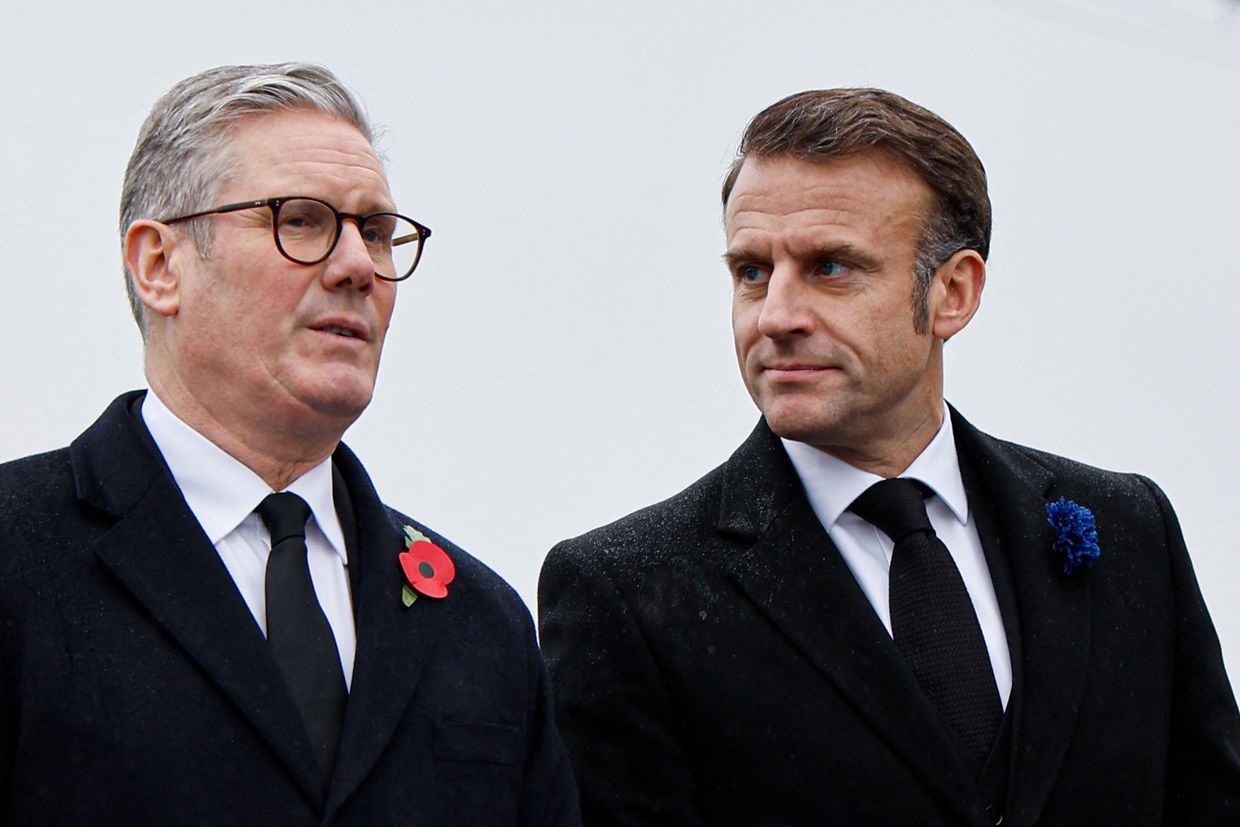
The effort of the British- and French-led "coalition of the willing" to provide security guarantees to Ukraine faces delays due to missing commitments from the U.S., Bloomberg reported on April 9, citing undisclosed sources.
The coalition of European and other partners is meeting at NATO Headquarters in Brussels on April 10 to discuss a path toward a safe and secure Ukraine in the event of a ceasefire, with the deployment of European peacekeepers floated as a possible part of the plan.
The Trump administration has ruled out U.S. participation in the so-called "reassurance force," but London and Paris seek to convince Washington to at least provide airpower, intelligence support, or border surveillance as a backstop to the coalition's efforts.
U.S. President Donald Trump has yet to offer any clear security guarantees to Ukraine and the coalition as Washington signals a reduced military presence on the continent.
U.K. officials insist that the U.S. contribution is a necessary part of the coalition's efforts, Bloomberg reported, casting doubt on the initiative's future unless the allies succeed in convincing Trump.
Publicly, French President Emmanuel Macron took a bolder line, saying the plan for the reassurance force would go ahead "with or without the U.S."
At least 37 countries, including European, Asian, and Commonwealth nations, have been involved in the coalition's discussions, with 15 reportedly ready to contribute their troops. Other members have been asked to provide other forms of support, including intelligence, arms, or naval support.
The Ukrainian military is still perceived as the main pillar of deterrence against further Russian aggression, while the allied troops, which could number between 10,000 and 30,000, would secure strategic facilities in the rear.
U.K. Prime Minister Keir Starmer first presented the coalition during a London summit on March 2 amid growing uncertainties about continued U.S. support. Trump has not approved any new defense aid packages for Ukraine and even briefly paused the already approved military assistance to push Kyiv to the negotiating table.
Trump's efforts to broker a ceasefire have stalled, as Moscow has rejected a full 30-day truce agreed upon by Kyiv and Washington and reportedly violated a partial truce on strikes against energy infrastructure.
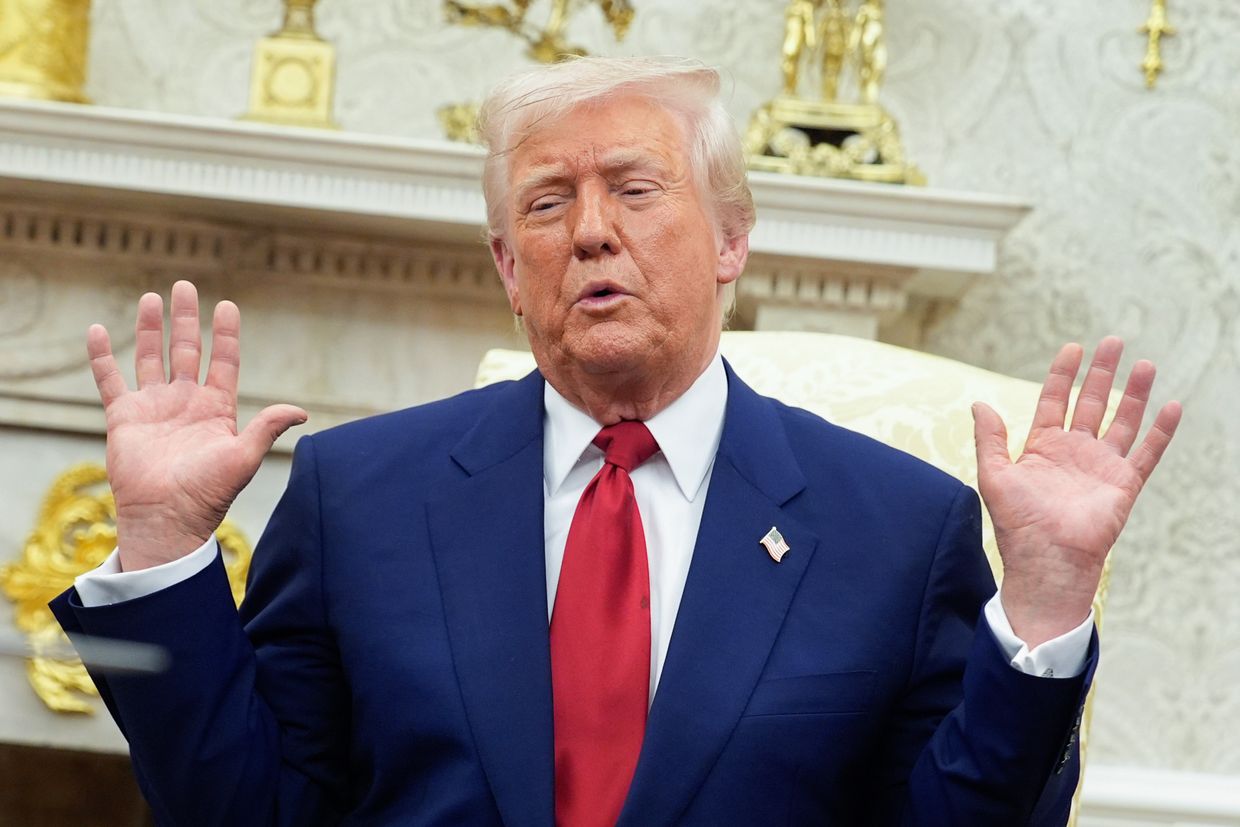
Most Popular

After 3 years of full-scale war in Ukraine, Europe announces plan to ban all Russian gas imports

Journalist Roshchyna's body missing organs after Russian captivity, investigation says

Ukrainian sea drone downs Russian fighter jet in 'world-first' strike, intelligence says
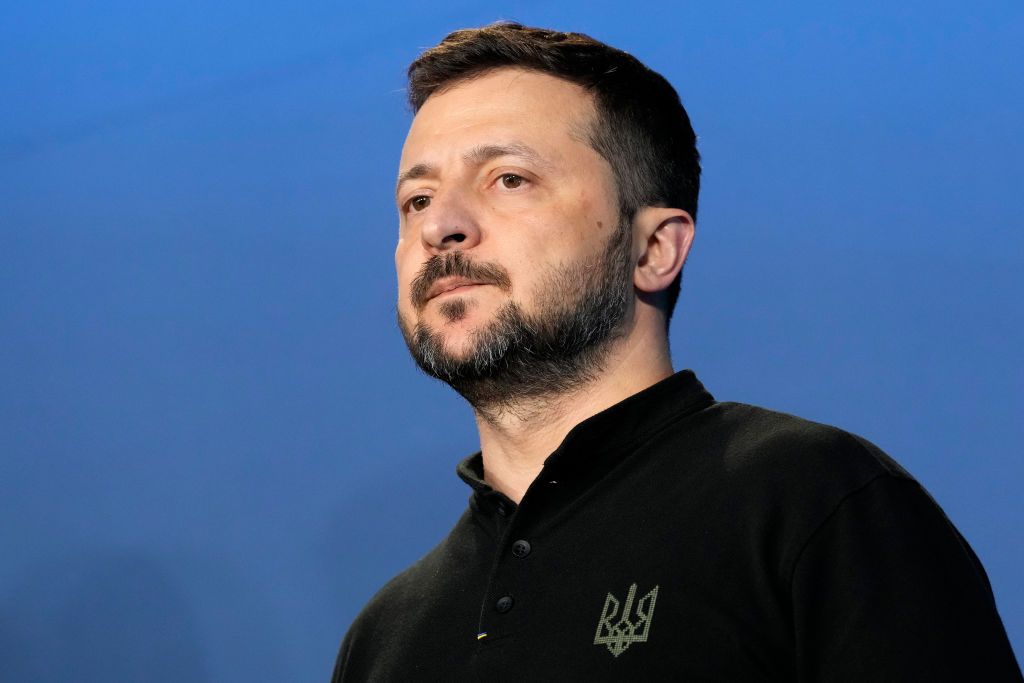
'Justice inevitably comes' — Zelensky on deaths of high-ranking Russian officials
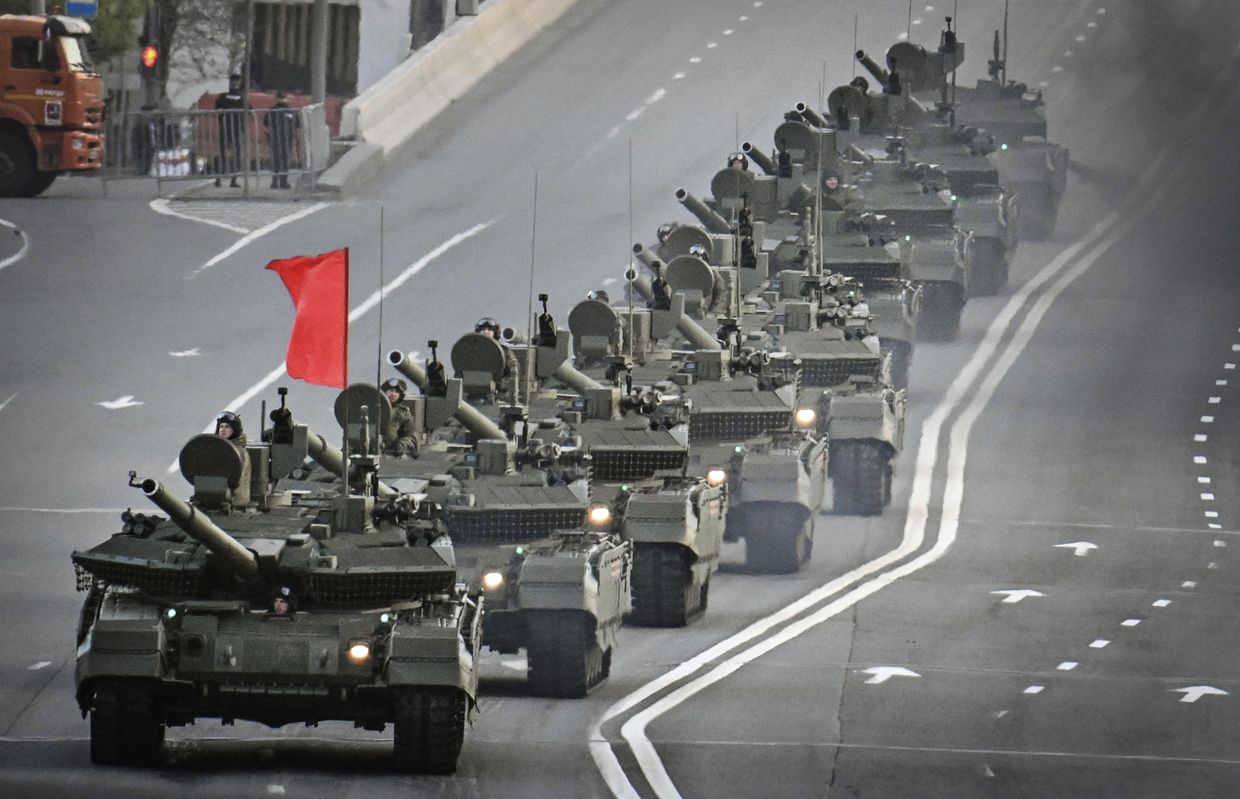
Ukraine is sending the war back to Russia — just in time for Victory Day
Editors' Picks

How medics of Ukraine’s 3rd Assault Brigade deal with horrors of drone warfare

As Russia trains abducted children for war, Ukraine fights uphill battle to bring them home

'I just hate the Russians' — Kyiv district recovers from drone strike as ceasefire remains elusive



